If you own or manage a beverage manufacturing company, you know how challenging it can be to run a successful business in a competitive and highly regulated industry. You need to oversee and control your inventory, production, sales, distribution, accounting, and compliance while delivering high-quality products to your customers.
That’s why you need robust and flexible
beverage ERP software to handle all your business processes and data in one integrated platform. But, hey, let's not kid ourselves – implementing new ERP software at your brewery, winery or distillery is
no walk in the park. It's a strategic dance that requires meticulous planning and preparation for a successful execution. And guess what? It involves a
squad of awesome people from different corners of your business, all working together to ensure a smooth transition.
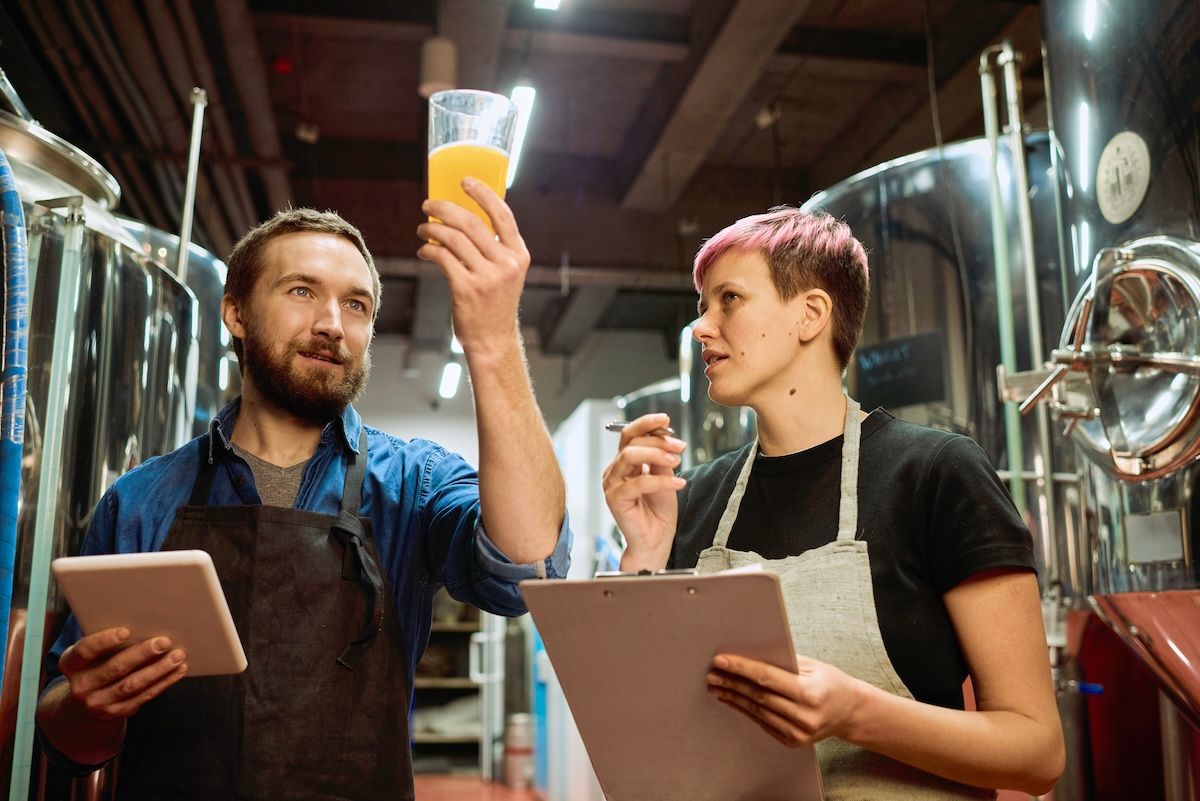
How to Build a Dream Team for Beverage ERP Implementation
For any beverage ERP implementation worth its salt, you need a clear and well-defined project team structure. This will help you assign responsibilities, allocate resources, communicate expectations and monitor progress.
Doozy Solutions, the team behind Crafted ERP, will work closely with you to understand your goals and provide continual guidance throughout the project. Born from extensive experience in the bev-alc industry, our proprietary implementation methodology incorporates best practices and collaboration with your internal implementation team.
As part of our methodology, we typically ask our clients to fill the following key roles for their beverage ERP implementation.
Project Sponsor – aka “the visionary”
The project sponsor is the senior executive (often the owner, CEO or CFO), who wields the authority and influence to greenlight and back the beverage ERP implementation.
The project sponsor is responsible for:
- Providing the strategic vision and direction for the project
- Securing the budget and resources needed
- Aligning project objectives with business goals and priorities
- Resolving any issues or conflicts that pop up
- Being the cheerleader for change management and ERP adoption
The project sponsor should be actively involved and engaged throughout the project and regularly meet with the project manager and the implementation partner team.
Project Manager – the master of coordination
Usually a senior manager or director from the IT, operations or finance department, this maestro oversees and coordinates the ERP implementation project. With duties including:
- Developing and managing the project plan, scope, schedule and budget
- Leading the internal project team and the ERP team
- Tracking and reporting project status, progress, issues and risks
- Ensuring compliance with project methodology and standards
- Managing the change control process, testing, training and go-live activities
The project manager should have strong project management skills and experience, a good understanding of your company’s business processes and a familiarity with how NetSuite and Crafted ERP operate.
System Administrator – the tech wizard
The system administrator is usually a technical or functional expert from the IT, operations or finance departments. This tech pro configures and maintains the beverage ERP software.
The system administrator is the go-to for:
- Configuring the system and software integration
- Managing the security and access rights
- Performing data migration and integration
- Performing the system testing and validation
- Managing the system updates and enhancements
The system administrator should have strong technical skills, experience and a good knowledge of beverage ERP software and its capabilities.
Subject Matter Experts – Your Go-Tos
These people are the end users or functional team members from different business areas. Typically managers or supervisors from the procurement, liquid production, packaging, sales, warehouse and accounting departments, they play a pivotal role by:
- Defining the business requirements and feedback
- Participating in the system design and configuration sessions
- Performing the data collection and cleansing tasks
- Performing the user acceptance testing and validation
- Assisting in the development of training and documentation
- Providing user support and feedback
The SMEs should have strong functional skills, experience and cross-departmental understanding of your beverage company’s business processes.
Super Users – the influencers (not the social kind)
In certain scenarios, you may have super users. These advanced users, usually SMEs or the ERP system administrator, take charge of:
- Facilitating effective knowledge transfer post-implementation
- Collaborating with the implementation team to refine the end-user experience
- Influencing overall project success through guidance and technical support
The super users should have strong technical and functional skills, as well as experience and a deep knowledge of ERP software and its features.

How to Select and Train Your Champions
Now that you know the dream team roles for your beverage ERP implementation, it's time to select and train your champions, also known as change agents. This person, or team of change advocates, will be responsible for inspiring the digital transformation across your organization.
Change agents understand and fully embrace how a beverage ERP will transform the future of your organization. They see beyond training and go-live and envision both the tactical short-term and strategic long-term benefits.
As champions of the ERP cause, they will encourage and influence your broader organization before, during and after implementation. They lead with enthusiasm and empathy, and will help set expectations, answer questions and alleviate misconceptions throughout the process.
It’s important to select your change agents wisely. We recommend:
- Choosing this team based on competence, collaboration, motivation, productivity and accountability
- Involving champions at the start of the project and keeping them informed and engaged throughout
- Training your team on the beverage ERP and project methodology, and providing them with the necessary tools and resources to encourage others
- Empowering your change agents to make decisions and act, offering feedback and recognition
How to Keep Your Dream Team Motivated and Engaged
Building a winning team for your beverage ERP implementation is just the beginning. Motivation and engagement are key to keeping things moving forward. You can do that by communicating:
- The vision and value of the ERP system to inspire alignment and focus
- Expectations and responsibilities for each role to ensure clarity and cooperation
- Progress, achievements, challenges and risks; celebrate milestones and address issues promptly
A Partnership to Elevate Your Spirits
Implementing beverage ERP software has the power to change your business. It requires careful planning, execution and ongoing support. Building a winning team that can champion the project, fulfill essential roles and collaborate effectively throughout the process can make it a resounding success.
At Crafted ERP, we're not just software and beverage pros; we're your partners in success. With expertise in the beer, wine and craft spirits verticals, coupled with our proven methodology and best practices, we travel this road with you.
Work with us for a smooth, successful and spirited beverage ERP implementation – cheers!




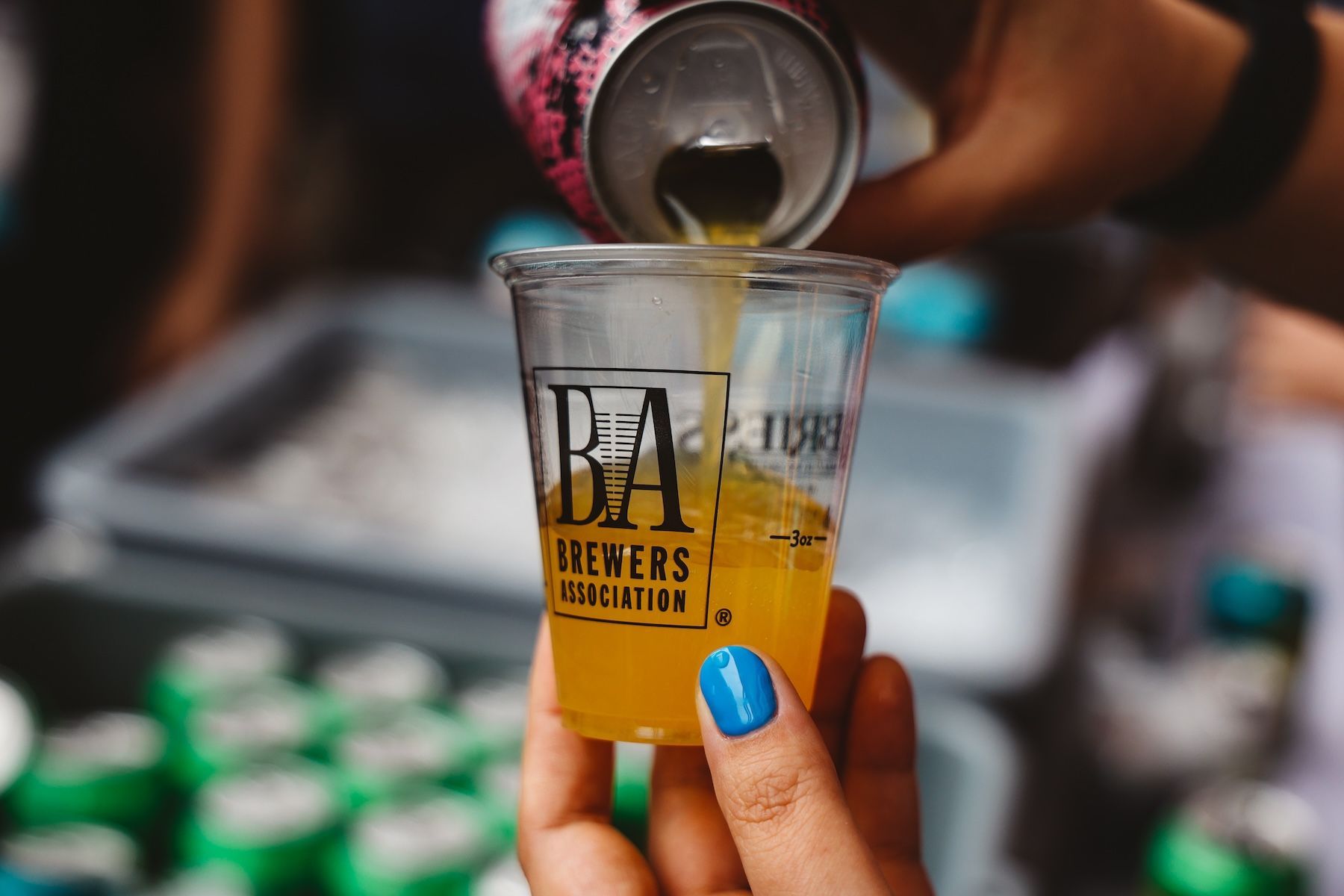

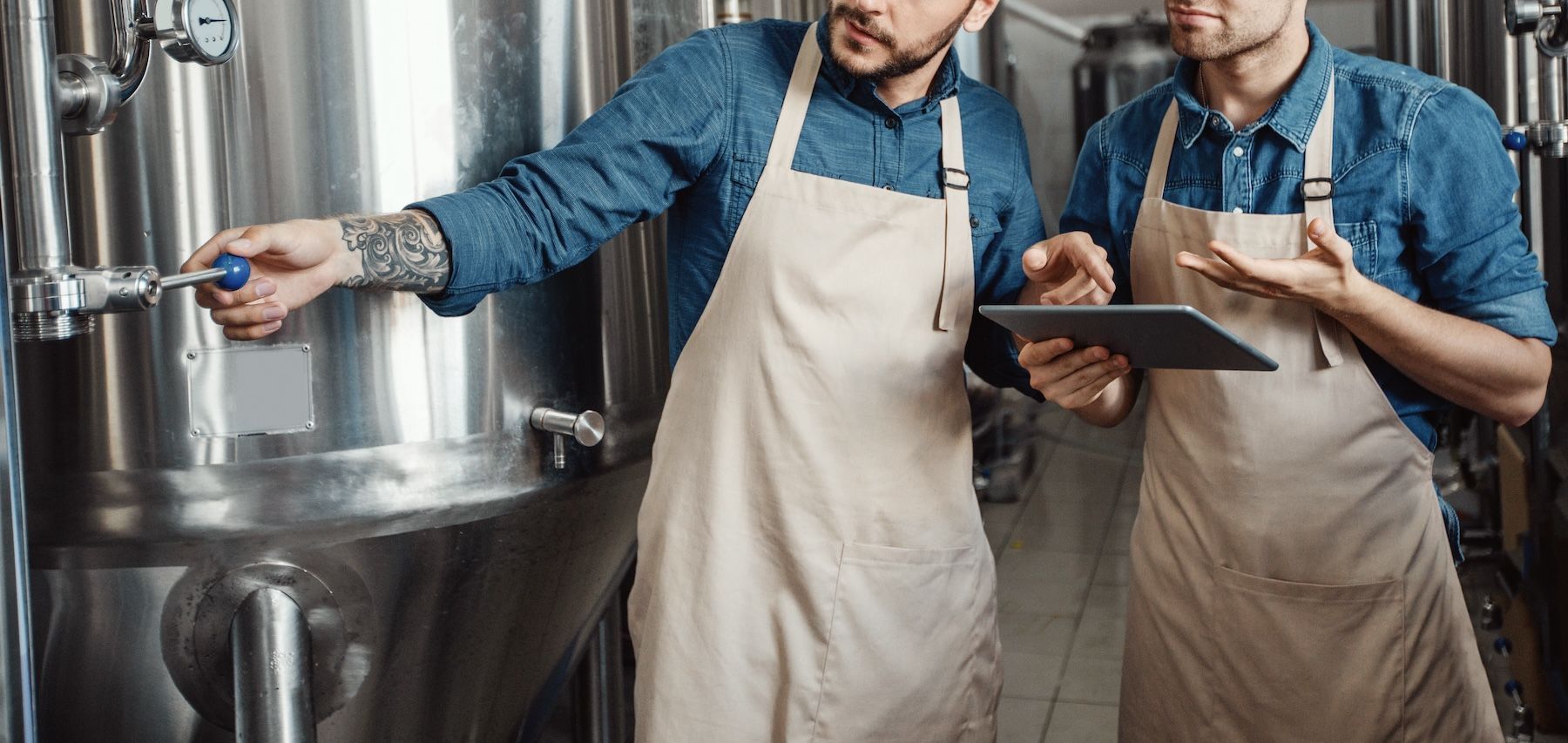
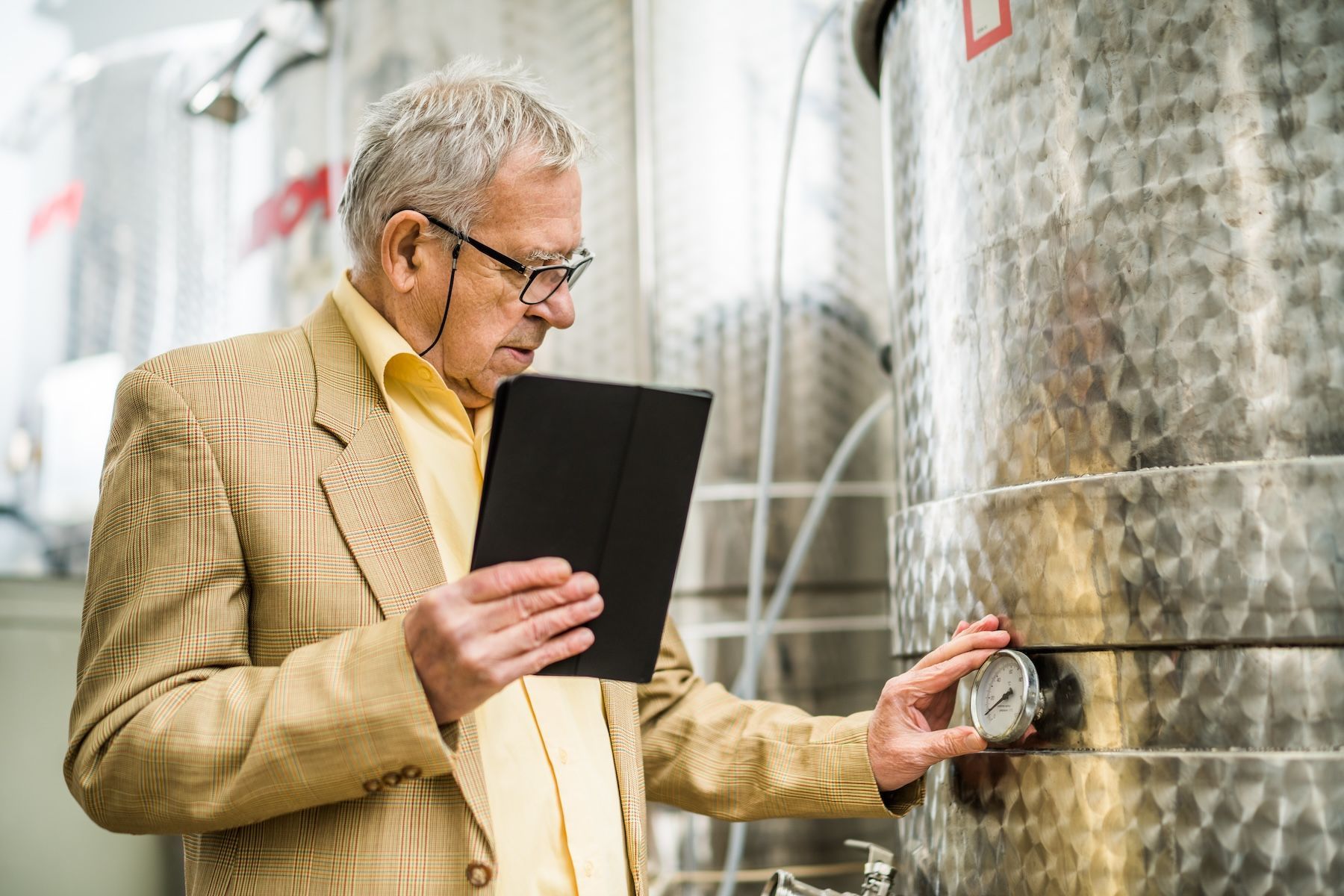

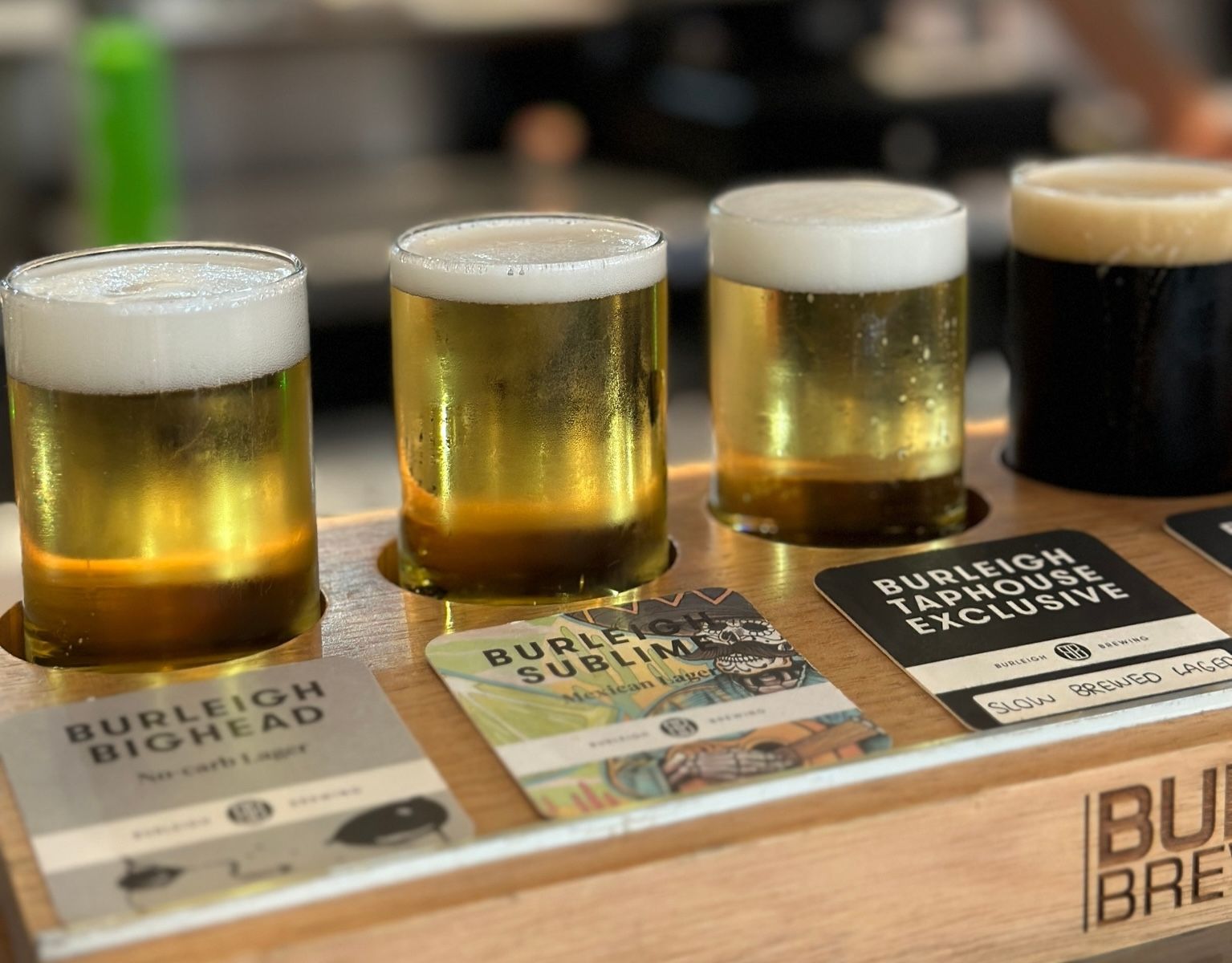
GET IN TOUCH
1512 Larimer Street, Suite #150
Denver, CO 80202
United States
(720) 699-0200
66 Goulburn Street
Sydney, NSW, 2000
Australia
+61 2 9044 1330

